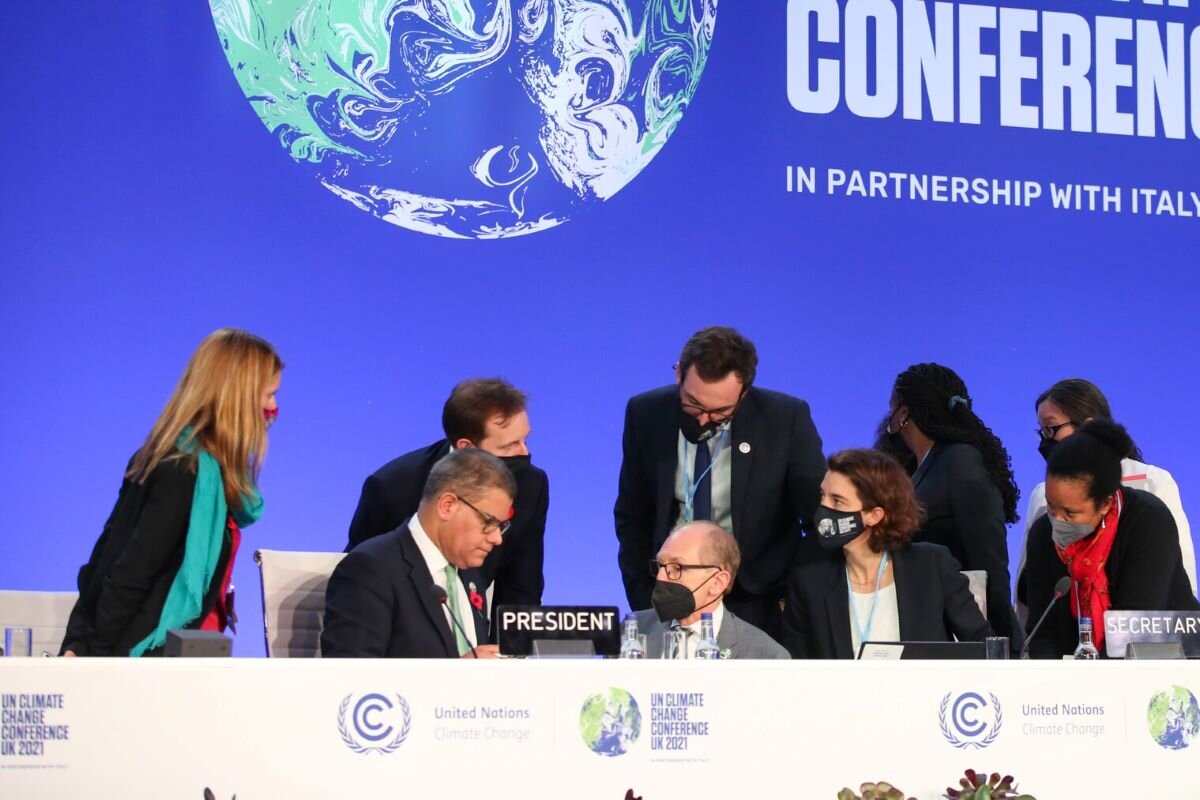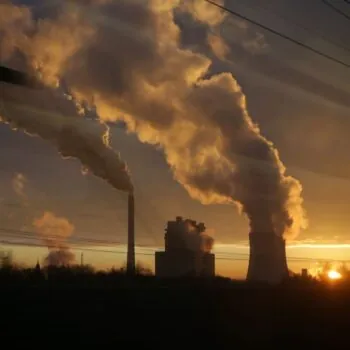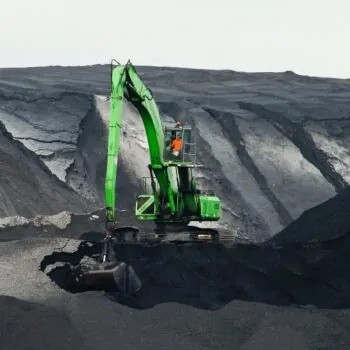As negotiations in Glasgow concluded, COP26 President Alok Sharma cautioned that “the hard work starts now”. All coal-using countries will now need to take forward their Glasgow Climate Pact commitment to “accelerate efforts towards the phase-down of unabated coal power”. This will require taking coal-to-clean diplomacy beyond COP26 through practical steps towards phasing out coal power generation, ending the construction of new coal power plants, and ceasing public support for fossil finance.
In 2022, the UK’s continued role as COP26 President will see it play a critical role in encouraging countries to deliver on their Glasgow commitments, following through on Sharma’s goal of “consigning coal to history”. This will require re-invigoration of diplomatic outreach and resourcing, recognising the risk of the classic post-COP turnover of staff and reduced resources. The UK Presidency is only two months old and runs until COP27 in November 2022.
The lasting impact of COP26 will be strengthened if the UK Foreign Office (FCDO) continues to prioritise climate diplomacy during 2022. Similarly, BEIS (department responsible for energy transition) will need to ensure adequate funding to deliver its extended mandate for the Energy Transition Council (ETC) through to 2025. There is a real opportunity to cement the gains on coal-to-clean made at Glasgow, allowing the UK to showcase its long-term climate leadership as a critical strand of post-Brexit Global Britain.
But the UK cannot deliver on this agenda alone. It will need to build close partnerships to deliver team diplomacy, as it did with Italy in 2021. The new German government is the number one priority partner. It will wield influence through its G7 Presidency and as an increasingly credible climate leader, given its decision to integrate climate into its economic and foreign policy and accelerate its coal phase out to 2030. Further cooperation with G20 chair Indonesia, the Egyptian COP27 Presidency, and the UN Secretary General can provide global leadership to encourage and support countries on the coal-to-clean transition.
Coal-to-clean priorities
E3G has identified six coal-to-clean priorities for the UK Presidency to build momentum in 2022 from the successful outcomes at Glasgow:
- Ensure coal and fossil finance commitments at COP26 are formally tracked to hold signatories accountable. This could be through support for enhanced NDCs by COP27, while the Glasgow Power Breakthrough mechanism could monitor and set pathways for future progress. The COP team can partner with SE for All to support new country pledges in the No New Coal Power Compact, and Canada building reach and impact of the Powering Past Coal Alliance. It can also work with the International Energy Agency to ensure its 2022 Ministerial sets an ambitious mandate on energy transition.
- Ratchet up diplomatic pressure on fossil finance, particularly towards Japan, South Korea, China and the Multilateral Development Banks (MDBs). It can also spearhead an aligned regulatory approach to restrict private finance for coal, driving towards a full end to coal finance by the end of the COP26 Presidency.
- Encourage the remaining ~30 countries still considering new coal power plants to instead make ‘No New Coal’ commitments. The UK can work with champions Sri Lanka and Chile on diplomatic tools such as the No New Coal Power Compact. It can unlock technical assistance through the ETC’s Rapid Response Facility to unwind power purchase agreements for as-yet-unbuilt coal plants.
- Deliver on the promise of the South Africa Just Energy Transition Partnership (JETP), with the US, Germany, France and EU. The partnership was launched with a commitment to work through details over the next 12 months, which will need to see delivery of new, significant concessional finance, stronger technical and financial expertise, and clarity on implementation. The Presidency can partner with the CIF and ADB mechanisms, the new CATA initiative, and civil society, to encourage and activate similar schemes in countries such as Indonesia, India, Viet Nam and Philippines.
- Engage the US to ensure its Build Back Better World (B3W) and New Zero World initiatives prioritise energy infrastructure. The ETC can help matchmake country energy transition needs with B3W funding, while the Presidency can champion innovative ways to further fund coal to clean transitions. This includes recycling IMF Special Drawing Rights (SDRs), and leveraging growing philanthropic interest in supporting the energy transition, such as the new Global Energy Alliance for People and Planet (GEAPP), to deliver ambitious coal to clean outcomes by COP27.
- Ensure coal phase out remains central to multilateral climate discussions in 2022, including the pathway to a just transition. Both the G7 and G20 can provide venues to deepen progress made in 2021.
The progress on the global coal-to-clean agenda achieved in 2021 resulted from sustained diplomatic engagement and high-level leadership. The hard work continues for the COP26 Presidency during 2022. With enough resources and strategic partnerships, it can build on political momentum from Glasgow and see an accelerated global transition from coal-to-clean become a reality. Consigning coal to history is the compelling core of keeping 1.5°C alive.


